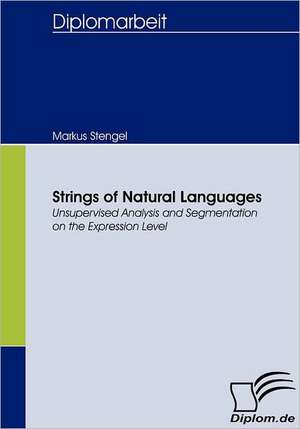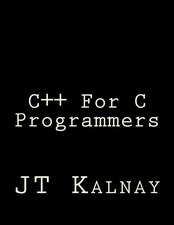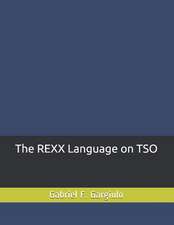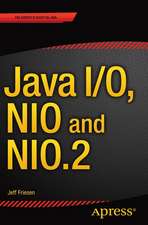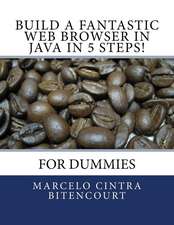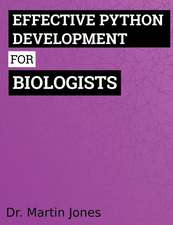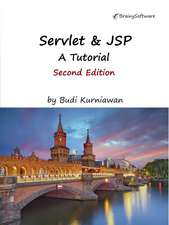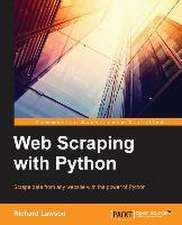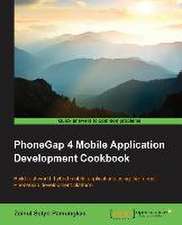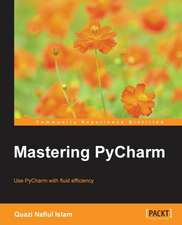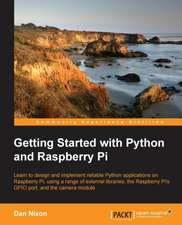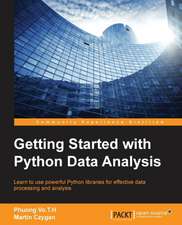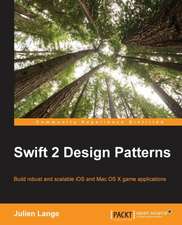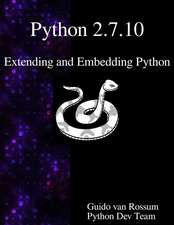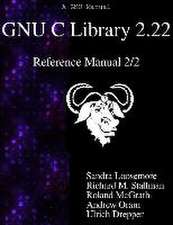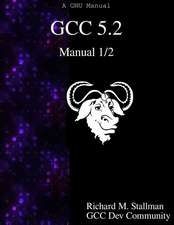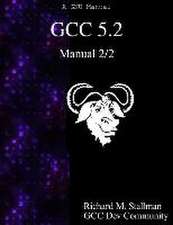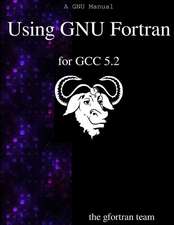Strings of Natural Languages
Autor Markus Stengelen Limba Engleză Paperback – 31 mar 2008
Preț: 391.76 lei
Preț vechi: 489.70 lei
-20% Nou
Puncte Express: 588
Preț estimativ în valută:
74.96€ • 78.47$ • 62.39£
74.96€ • 78.47$ • 62.39£
Carte disponibilă
Livrare economică 10-24 martie
Preluare comenzi: 021 569.72.76
Specificații
ISBN-13: 9783836656276
ISBN-10: 3836656272
Pagini: 158
Dimensiuni: 178 x 254 x 9 mm
Greutate: 0.29 kg
Editura: Diplomica Verlag GmbH
ISBN-10: 3836656272
Pagini: 158
Dimensiuni: 178 x 254 x 9 mm
Greutate: 0.29 kg
Editura: Diplomica Verlag GmbH
Notă biografică
Markus Stengel, Diplom-Informatik und Japanologie, Studium an der Universität Tübingen und an der Technischen Universität Toyohashi (Japan). Abschluss 2007 als Diplom-Informatiker und Bachelor of Arts in Japanologie. Derzeit tätig in der IT eines Finanzdienstleisters.
